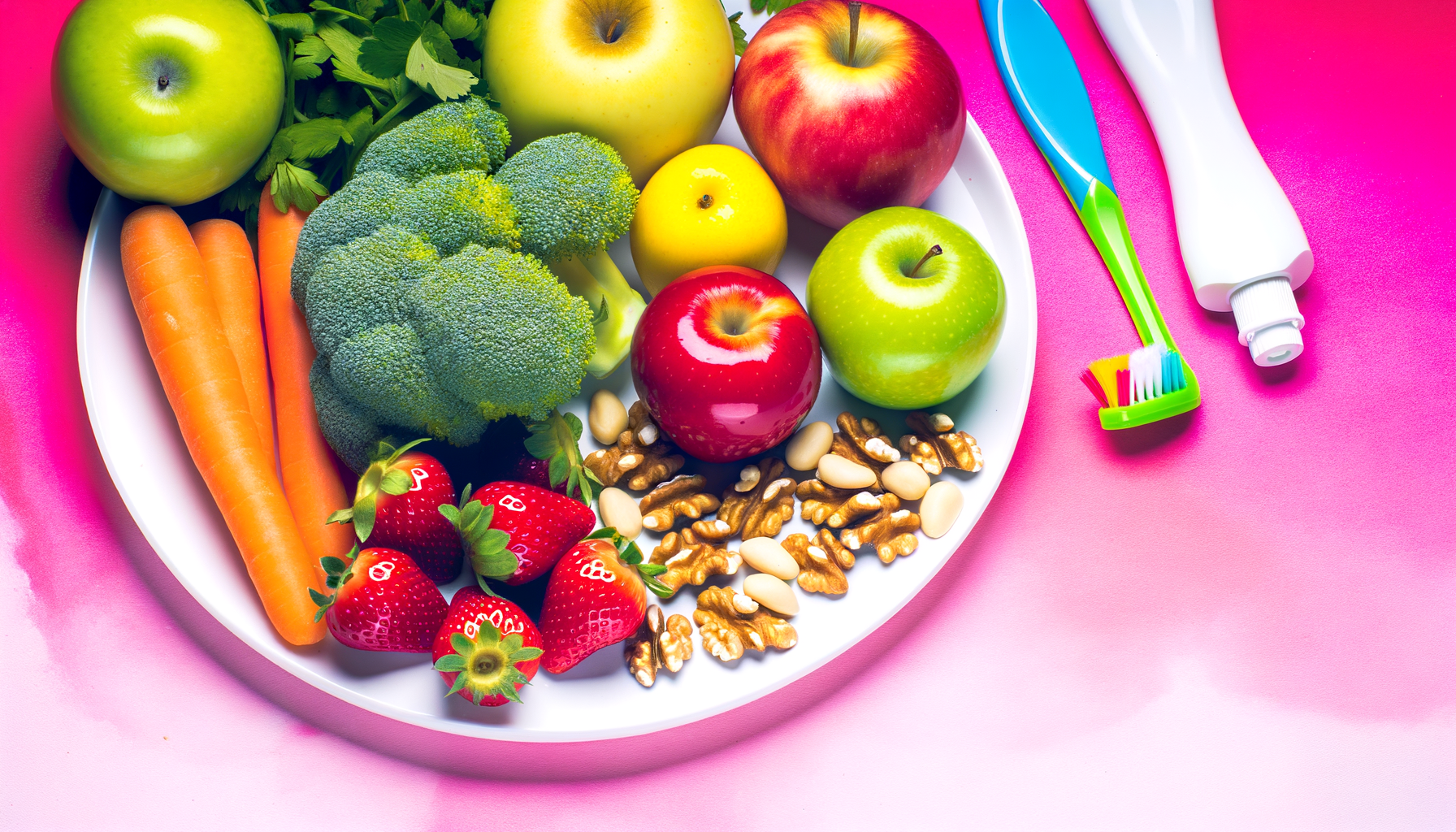The Interconnected World of Nutrition and Oral Health
When it comes to maintaining good health, it’s often overlooked that dental and oral health are intimately linked with overall nutrition. The foods we eat and the calories we consume can have a significant impact on the health of our teeth and gums. In this article, we will explore how using a tool like the Calorie Calculator Cloud can help you make informed dietary choices that support both your general health and your dental well-being.
Understanding Calorie Needs and Dental Health
A calorie calculator, such as the one provided by Calorie Calculator Cloud, helps estimate the number of calories you need to consume each day to maintain, lose, or gain weight. However, it’s crucial to understand that these calories should come from a balanced diet that includes foods beneficial for dental health.
For instance, the Mifflin-St Jeor Equation, one of the equations used by calorie calculators, calculates basal metabolic rate (BMR), which is essential for understanding your daily energy needs. However, it’s also important to consider the nutritional content of the foods you eat to ensure they support your oral health.
Nutrients Essential for Dental Health
Several nutrients are critical for maintaining healthy teeth and gums.
Calcium
Calcium is a cornerstone of dental health. It strengthens bones and teeth and is essential for the natural remineralization of teeth. Foods rich in calcium include dairy products like milk, cheese, and plain yogurt, as well as leafy greens, almonds, and calcium-fortified foods and drinks.
Phosphorus
Phosphorus works in tandem with calcium to protect and rebuild tooth enamel. Protein-rich foods like meat, poultry, fish, milk, and eggs are excellent sources of phosphorus.
Fiber
Fiber-rich fruits and vegetables help keep your teeth and gums clean by stimulating saliva production. Saliva contains traces of calcium and phosphate, which help restore minerals to areas of teeth that have lost them due to bacterial acids.
Vitamins
Vitamins like vitamin C and vitamin A are important for healthy gingiva and healing. Vitamin C is particularly beneficial for the health of your gums, while vitamin A helps in building tooth enamel.
Practical Tips for a Healthy Smile
Here are some practical tips to incorporate into your daily routine to support your dental health through nutrition:
Eat Nutritious Foods
Choose foods that are high in calcium, phosphorus, and fiber. Include dairy products, leafy greens, nuts, and seeds in your diet. Fruits and vegetables not only provide essential vitamins but also help in cleaning your teeth and stimulating saliva production.
Limit Sugary and Starchy Foods
Sugary and starchy foods can lead to acid production in the mouth, which can damage tooth enamel. If you consume these foods, do so during meals when saliva production is higher, and consider chewing sugarless gum afterward to increase saliva flow.
Stay Hydrated
Drinking fluoridated water is one of the best ways to prevent tooth decay. Fluoride helps protect teeth against decay and is essential throughout life.
Using Calorie Calculator Cloud for Balanced Nutrition
The Calorie Calculator Cloud can be a valuable tool in planning your diet. Here’s how you can use it to support your dental health:
- Track Your Calories: Ensure you are consuming the right amount of calories for your daily needs. This helps in maintaining overall health, which in turn supports your dental health.
- Choose Nutrient-Dense Foods: Use the calculator to plan meals that include a variety of nutrient-dense foods. For example, if you are planning to consume 2000 calories per day, make sure a significant portion of those calories come from foods rich in calcium, phosphorus, and fiber.
- Monitor Your Progress: Regularly monitor your calorie intake and adjust as necessary. This helps in maintaining a balanced diet that supports both your general health and your dental well-being.
Real-World Examples and Case Studies
Case Study: Balanced Diet for Dental Health
Consider a person who uses the Calorie Calculator Cloud to plan their daily meals. They ensure that their 2000-calorie diet includes a balanced mix of dairy products, leafy greens, nuts, and seeds. By doing so, they are providing their body with the necessary nutrients to support strong teeth and healthy gums.
Example: Incorporating Healthy Snacks
If you crave a snack, instead of reaching for sugary treats, choose something nutritious like an apple or a handful of almonds. These snacks not only provide essential nutrients but also help in cleaning your teeth and stimulating saliva production.
Conclusion and Next Steps
Maintaining good dental and oral health is not just about regular brushing and flossing; it is also heavily influenced by your dietary choices. By using a tool like the Calorie Calculator Cloud, you can ensure that your diet is balanced and provides the necessary nutrients for healthy teeth and gums.
To get started, visit the Calorie Calculator Plans page to find a plan that suits your needs. Begin tracking your calories and planning your meals with a focus on nutrient-dense foods. This proactive approach will help you achieve better overall health and a healthier, happier smile.
Remember, a healthy smile is just one aspect of overall well-being, and making informed dietary choices is a crucial step in achieving it.








